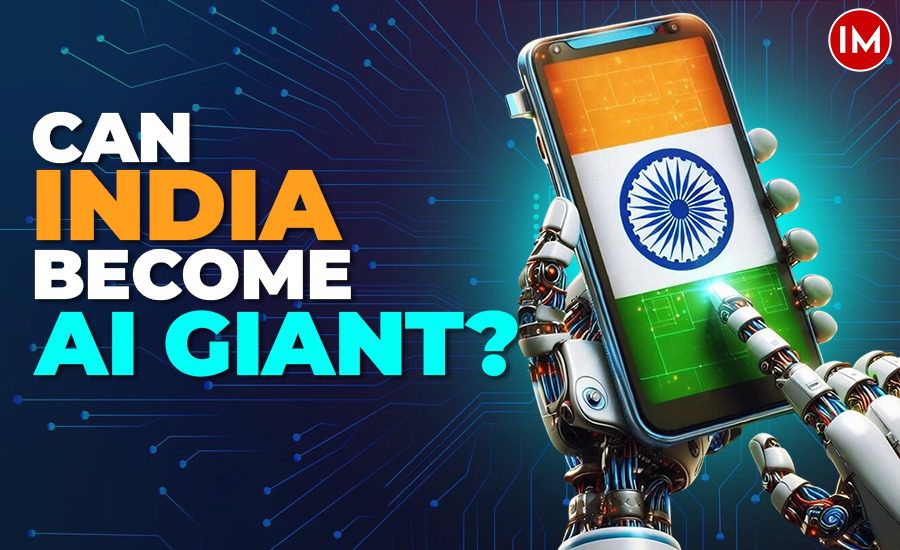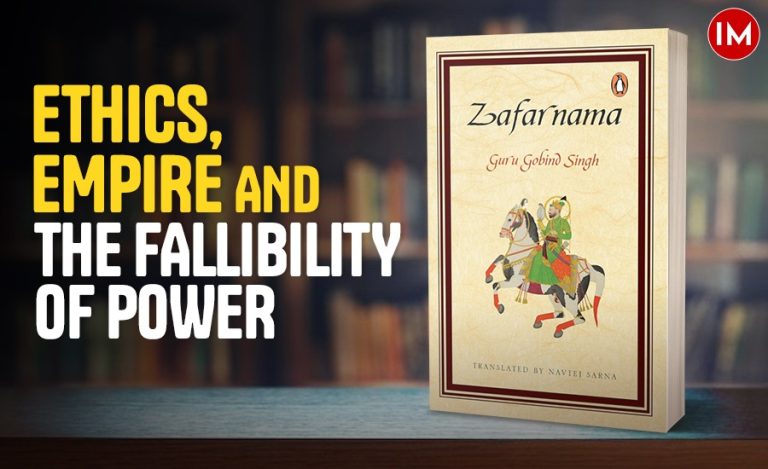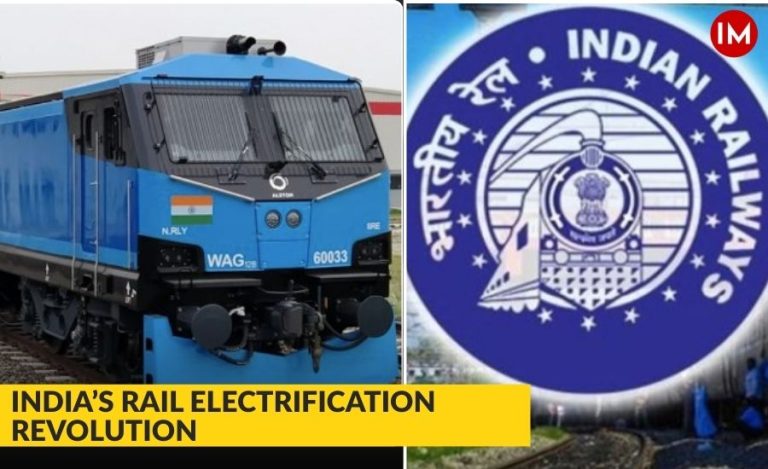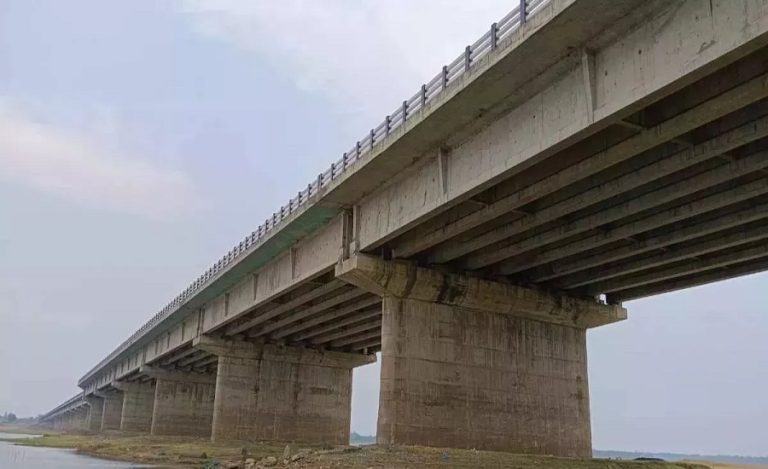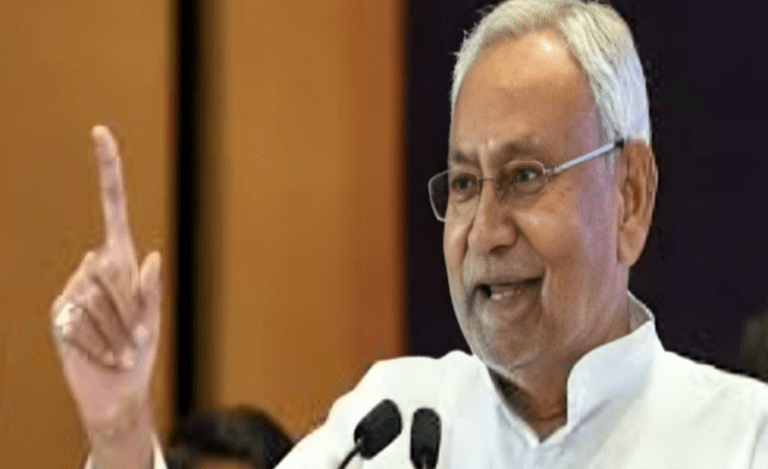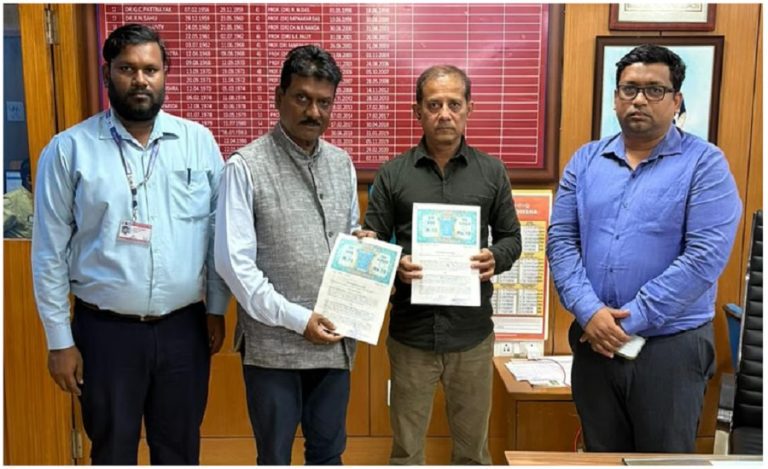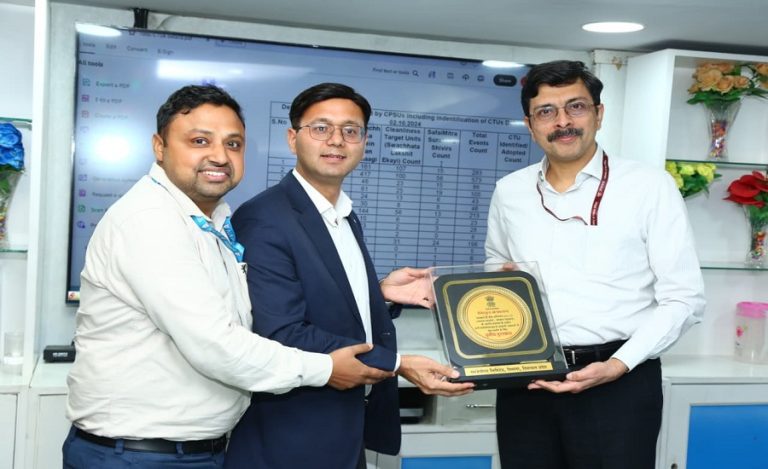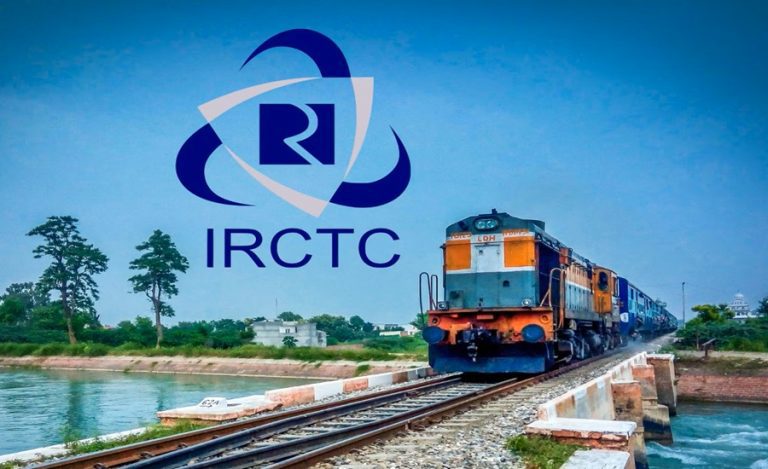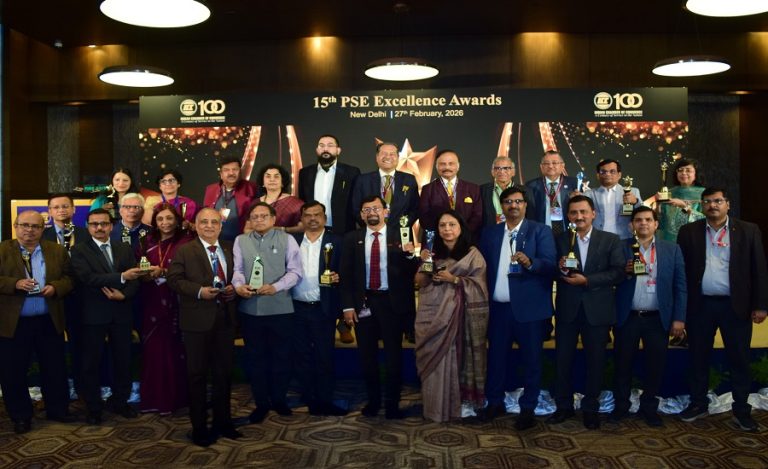As the world ushered in 2025, its economy went into a tailspin with introduction of Chinese AI company Deepseek which is 90 per cent cheaper and many times more efficient than US gigantic models like ChatGPT and Gemini, World’s third largest economy and the most populous country, India needs to sit back and chart its own AI journey.
Artificial Intelligence (AI), with its transformative potential, is poised to disrupt industries, reshape labour markets, and unlock unprecedented opportunities in India. As the world’s fastest-growing major economy and a global IT powerhouse, India’s embrace of AI will determine whether it becomes a leader in the Fourth Industrial Revolution or grapples with the turbulence of unmanaged disruption.
From Outsourcing Hub to AI Innovator
India’s Rs 18750 crore IT industry, long synonymous with back-office services and software outsourcing, faces an existential shift. AI-powered automation threatens to replace routine coding, data entry, and customer service roles—tasks that employ millions. A NASSCOM report predicted that 20–25% of low-skilled IT jobs could be automated by 2030. However, this disruption also presents an opportunity:
Demand for AI engineers, data scientists, and cybersecurity experts is skyrocketing. Companies like TCS and Infosys are investing in reskilling programs to transition employees into roles focused on AI development, cloud computing, and ethical AI governance.
India’s 100+ AI startups (like CropIn, Niramai, and Observe.AI) are deploying solutions tailored to local challenges—from crop-yield prediction for farmers to AI-driven tuberculosis screening in rural clinics. The sector attracted 39809 in funding in 2023, signalling investor confidence.
India produces 15 lakh STEM graduates annually.By leveraging its vast talent pool the country could become a global AI R&D hub. Initiatives like the IndiaAI Mission aim to build sovereign AI infrastructure, including supercomputing clusters and open-source datasets.
Economic Growth vs. Inequality
As an Accenture estimate, AI could add Rs 96700 crore to India’s economy by 2035 , but its benefits will be unevenly distributed unless proactively managed.AI diagnostics could bridge the urban-rural healthcare divide. For instance, startups like Qure.ai use AI to interpret X-rays in regions with scarce radiologists.AI-driven precision farming tools could boost yields by 20–30%, critical for a sector employing 40% of India’s workforce.AI-powered platforms like DIKSHA (digital education) and UMANG (citizen services) are streamlining public service delivery.
However, these developments won’t be so smooth and are likely to pose some challenges as well.While AI creates high-skilled roles, mid-level jobs in manufacturing, retail, and logistics are at risk. The World Economic Forum estimates 6.9 crore new jobs will emerge in India by 2027, but 8.3 crore could be displaced.
Only 10% of India’s workforce has received formal skill training, per government data. Without massive upskilling, inequality could widen.Big Tech’s dominance in AI risks sidelining India’s MSMEs, which contribute 30% of GDP. At a time when 80 crore people are dependant on the ration provided by the government, upskilling is the need of the hour.
Winners and Losers
AI tutors like BYJU’S could democratize access to quality learning but may deepen divides if affordable internet remains elusive for 60crore offline Indians. But, BYJU’s fall is also a lesson to other aspiring startups in corporate governance.
AI and robotics could make India a global manufacturing alternative to China, but SMEs may struggle to adopt automation.AI-driven fraud detection and hyper-personalized insurance like Paytm, Policybazaar etc will thrive, but legacy banks risk losing ground to fintech disruptors.
Ethical Crossroads
India’s AI strategy needs to navigate complex policy and governance challenges. With 90 crore internet users, India’s data is a goldmine for global tech companies. Regulations like the Digital Personal Data Protection Act (2023) aim to balance innovation with privacy, but enforcement remains a challenge. However, the country doesn’t have enough data storage space. The plan to build over 120 mega data nodes across the country is likely to take at least 5 years.
The work on data storage facilities in Navi Mumbai and Greater Noida, is yet far from complete. Till then most of Indian data including that of the government, is being stored abroad, which is not a good sign for a sovereign country which prides itself in being third largest economy in the world.
Bias in facial recognition systems and caste-based algorithmic discrimination are real threats. We have introduced facing recognition software called DigiYatra and digital boarding pass machines on Indian Airports to reduce the queues. Yet, the crowd has been swelling even more.
Critical collaborative frameworks involving academia, industry, and civil society are taking shape in India which is positioning itself as a voice for the Global South in AI governance, advocating for inclusive policies at forums like the Global Partnership on AI (GPAI).
Policy, Partnerships, and Pragmatism
To harness AI’s potential, India needs a National AI strategy. It needs to boost R&D investments beyond the current 0.7% of GDP and foster public-private partnerships.
Expanding broadband access, GPU clusters, and AI-ready datasets. We also need to incentivizing AI solutions for rural India by offering affordable agri-tech, vernacular language models, and telemedicine.
Universal basic income pilots is on government’s radar for a long time but it also needs to focus on gig-worker protections to cushion job-market shocks.
A “Sputnik Moment” for India
AI is not just a technological shift but a societal transformation. For India, the stakes are uniquely high: its demographic dividend could become a liability if automation outpaces job creation. Yet, with strategic investments in education, infrastructure, and ethical governance, India could leapfrog into an AI-driven future where technology serves the many, not the few. The disruption is inevitable—the outcome is not. In the words of Nandan Nilekani, “AI is the ultimate equalizer. But only if we design it to be.”

